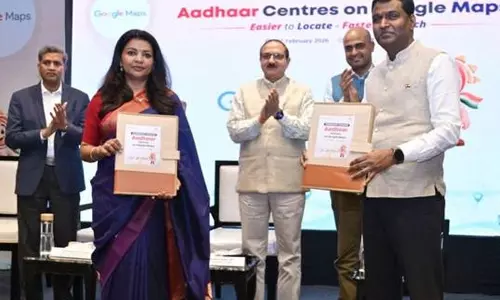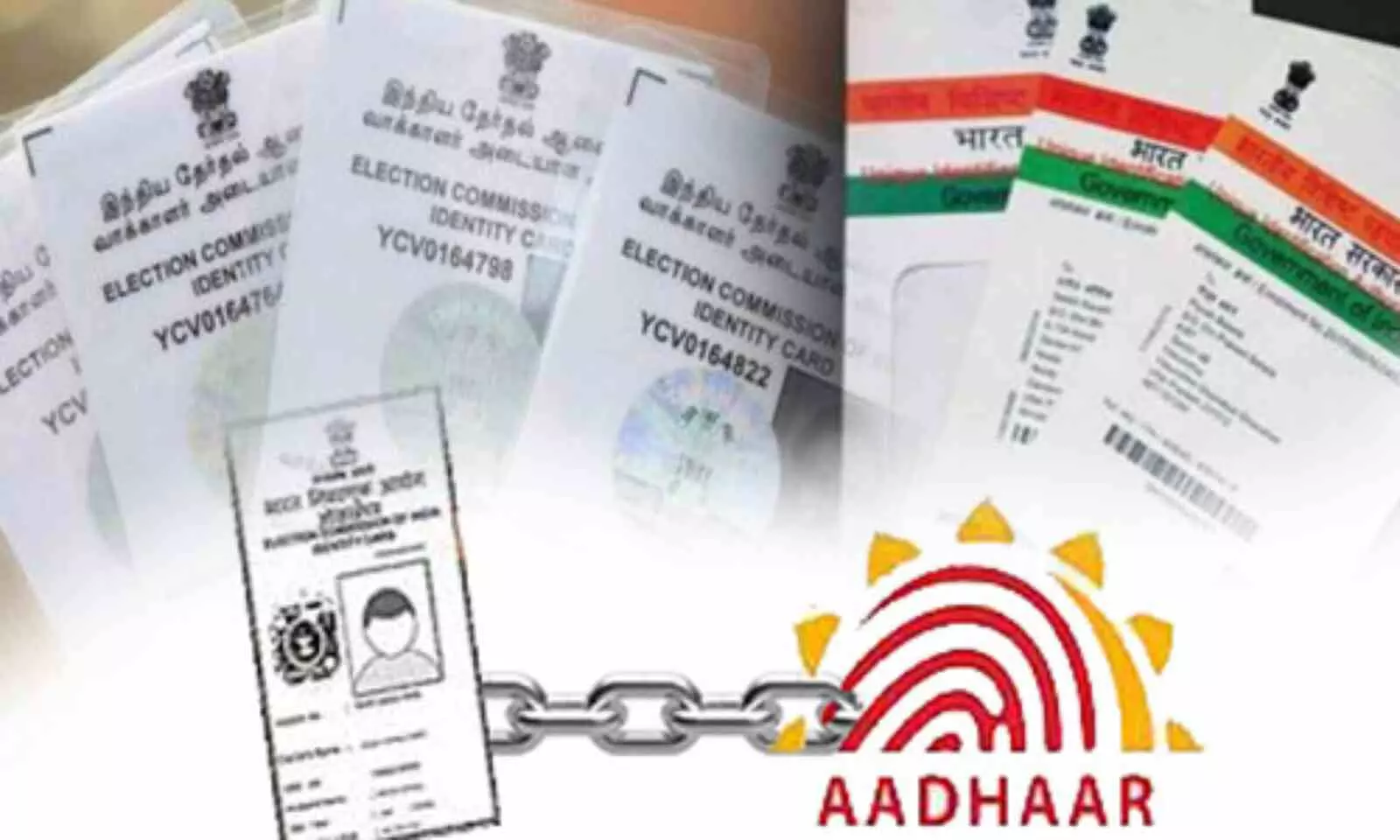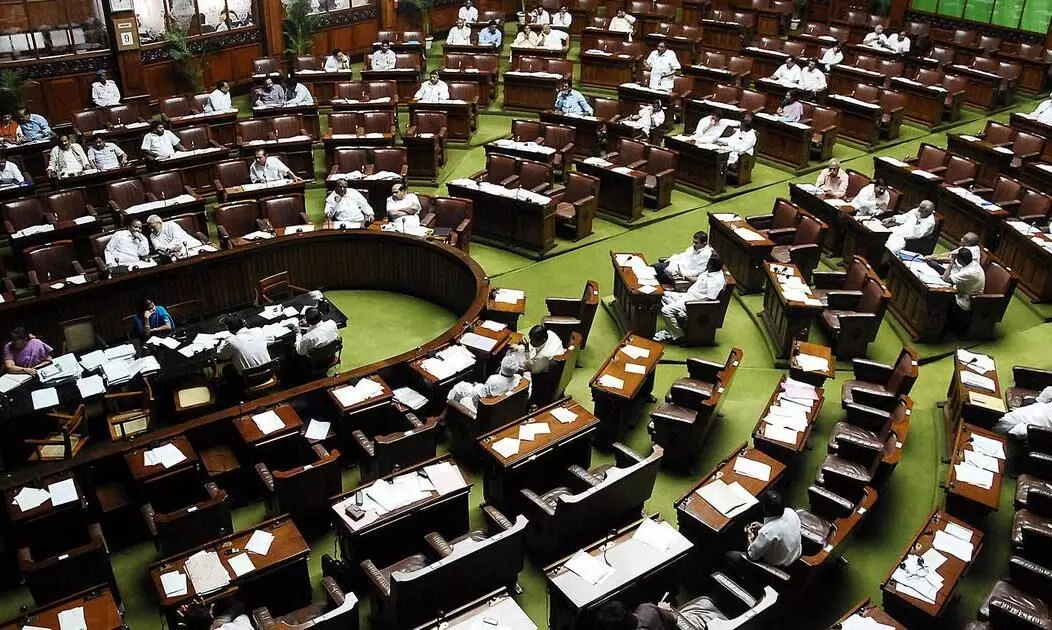
There should be linkage: of governance and with democracy
text_fieldsThe Winter Session of Parliament also saw the use of laws that fundamentally determine the democratic decisions of citizens, ignoring all Opposition and which uses its brute majority to get them passed in Parliament. The latest example of this is the Aadhaar-Voter List inkage law (Election Laws Amendment Bill), which was passed without discussion in the Lok Sabha and the Rajya Sabha. Until 2014, Narendra Modi used to mock Aadhaar as a 'gimmick', but it later became one of the cornerstones of the administration. Concerns have also been raised about the legislation that aims to link citizen Aadhaar with the name on the voter list. The Election Commission and the government claim that this legislation will help get rid of fraudulent voters from the voter list and eliminate duplication of votes. At the same time, the Opposition and other democrats point out that in terms of harm, it creates more new problems than solutions. The fact that the government hastily enacted it without even examining their objections is a sign of anti-democracatic behaviour. Many prominent democratic rights groups have argued that the Aadhaar linkage, instead of clearing up the voter list, could lead to a massive denial of genuine votes. They say the government's move is "thoughtless, irrational and unnecessary" and has the potential to turn the country's electoral system into an undemocratic one. Among those calling for the move to be abandoned are 23 organizations, including the Association for Democratic Reforms, PUCL, and the Adivasi Women's Network, which involve about 500 individuals, including former civil servants, social workers and researchers. The Supreme Court has ruled that the administrative use of Aadhaar should be limited to the implementation of welfare schemes and the like.
It is a reality waiting to happen, not a possibility, that the Aadhaar connection will lead to the denial of the right to vote. Aadhaar is an identity document - not a citizenship document. It's not for citizens, it's for residents. Therefore, Aadhaar is irrelevant in determining the voters. Aadhaar connectivity cannot be seen as a solution to fraudsters getting into the voter list. The reason is that the complaint is high that this Aadhaar list also saw fakes and duplication. The experience of using Aadhaar in Andhra Pradesh and Telangana is a beacon. In these two states alone, 55 lakh voters were excluded from the list. The Aadhaar linkage, which started in 2015, was finally stayed by the Supreme Court. The court is examining the constitutional validity of Aadhaar itself. Attempts to re-register Aadhaar through the new legislation do not even address the concerns surrounding it, let alone properly investigate the consequences.
In addition to the denial of the right to vote, another issue involving the Aadhaar linkage is a violation of privacy. When information in Aadhaar documents is leaked to the Election Commission's database, it is more likely to be misused. At the same time, the authenticity of Aadhaar has been questioned by the courts themselves. There are cases where it is not accepted by the courts as a proof of birth or identity. There were unfortunate experiences of errors in Jharkhand when the ration card was linked to Aadhaar. Overall, there are many who are of the opinion that the Aadhaar linkage is not to eliminate fake votes but to tamper with voter records. Union Minister Rijiju's response to the criticism was that showing Aadhaar was not mandatory. But the amendment to the law that has just been passed says that there must be a 'sufficient reason' not to show Aadhaar.
Another advantage cited of Aadhaar linkage is that the voter list can be updated up to four times a year. That may be reasonable. But is it reasonable to proceed without resolving the serious grievances raised around the issue? The minister's claim that the law was unanimously approved by the Legal and Judicial Committee of Parliament also lacks democratic logic. What does it mean to say that the Committee approved the legislation without even facing the questions raised in both the Houses of Parliament? The minister did not even claim that the committee had examined the complaints in detail. This law is yet another piece of legislation that rocks the foundations of law-making such as making laws thoughtfully only in accordance with the Constitution and justice, allowing the people's representatives to discuss it and giving committees and the public time to learn and respond to it and voice their opinion.

























